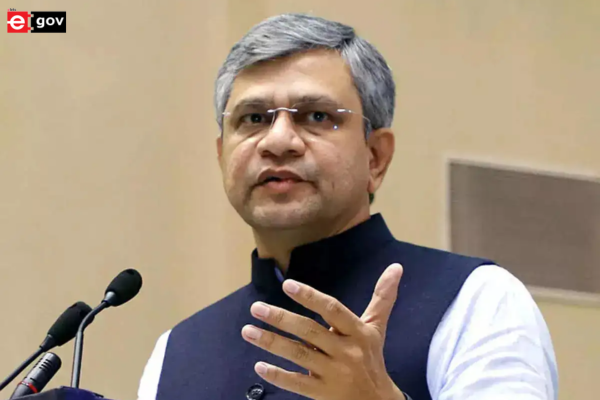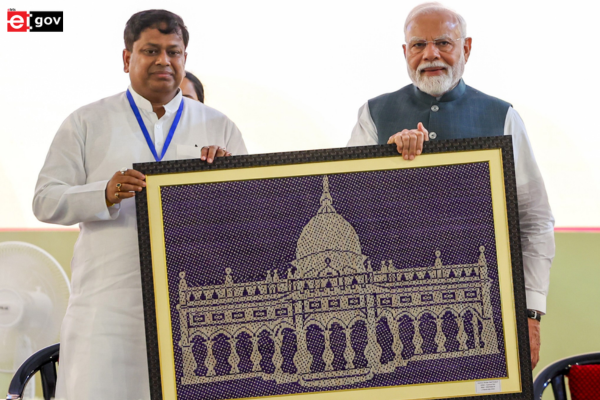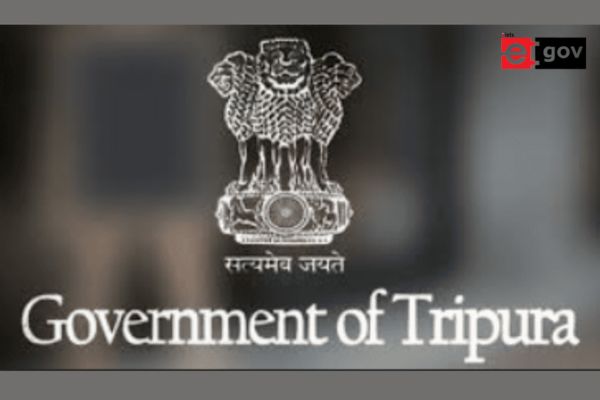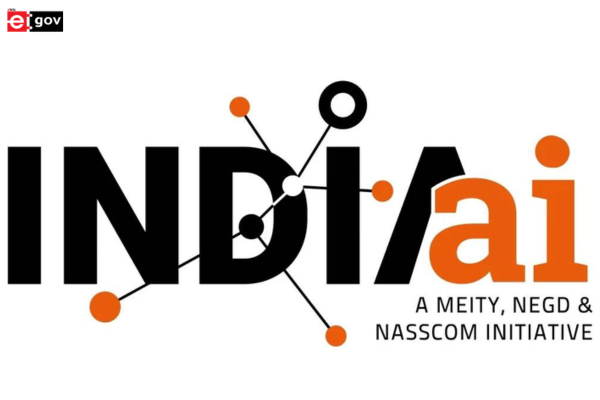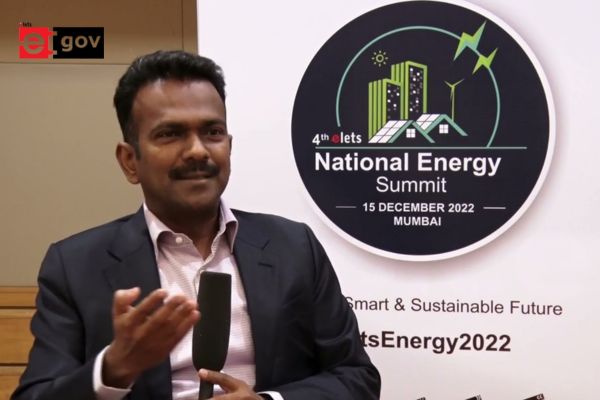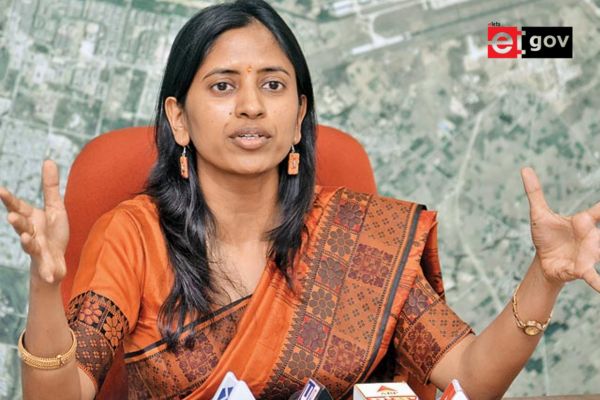
The Union government has introduced a significant change to environmental approval procedures, aiming to streamline the regulatory process for industries in India. Under the new framework, industries that have already secured an Environmental Clearance (EC) will no longer need to obtain a separate Consent to Establish (CTE). This move is intended to reduce redundant compliance requirements and simplify the approval process.
The Environmental Clearance (EC), established under the Environmental Impact Assessment (EIA) Notification of 2006, is a key regulatory step for new industrial and development projects in India. It is issued either by the central ministry or state authorities and serves as the primary regulatory checkpoint for ensuring environmental safety. On the other hand, the Consent to Establish (CTE) is granted by State Pollution Control Boards for industrial units that may potentially cause air or water pollution.
In a statement, the Union Ministry of Environment, Forest, and Climate Change (MoEFCC) highlighted that this decision addresses the long-standing industry demand to eliminate the dual compliance system, where both EC and CTE were required. “Industries that have received EC will no longer need to obtain a CTE. This change will reduce the compliance burden and eliminate duplication in the approval process,” the statement said.

The notification also exempts non-polluting industries classified under the “white category” from requiring both CTE and Consent to Operate (CTO) from the State Pollution Control Boards. These industries include low-impact sectors such as the assembly of air coolers and bicycles, bio-fertilizer manufacturing without inorganic chemicals, and fly ash brick manufacturing.

The revised framework merges the two approvals into one process, incorporating a Standard of Procedure (SOP) to address key considerations usually handled during the CTE process. Additionally, State Pollution Control Boards will continue to be consulted during the EC process, and industries will be required to pay the CTE fee to avoid any revenue loss for the states.

Also Read | Union Government announces new appointments and extensions, Maninder Kaur Dwivedi made Commissioner NESTS

Environmental experts have expressed some caution regarding the changes. Kanchi Kohli, an independent legal and policy expert, emphasized the need for a balanced approach. “While flexibility is necessary to accommodate both economic and environmental goals, it’s important to ensure that such changes do not increase risks or undermine the environmental regulatory framework,” Kohli warned.
Be a part of history! Express your interest and get featured in our exclusive souvenir, launching at the Bengaluru Tech Summit.
Be a part of Elets Collaborative Initiatives. Join Us for Upcoming Events and explore business opportunities. Like us on Facebook , connect with us on LinkedIn and follow us on Twitter, Instagram.
"Exciting news! Elets technomedia is now on WhatsApp Channels Subscribe today by clicking the link and stay updated with the latest insights!" Click here!




